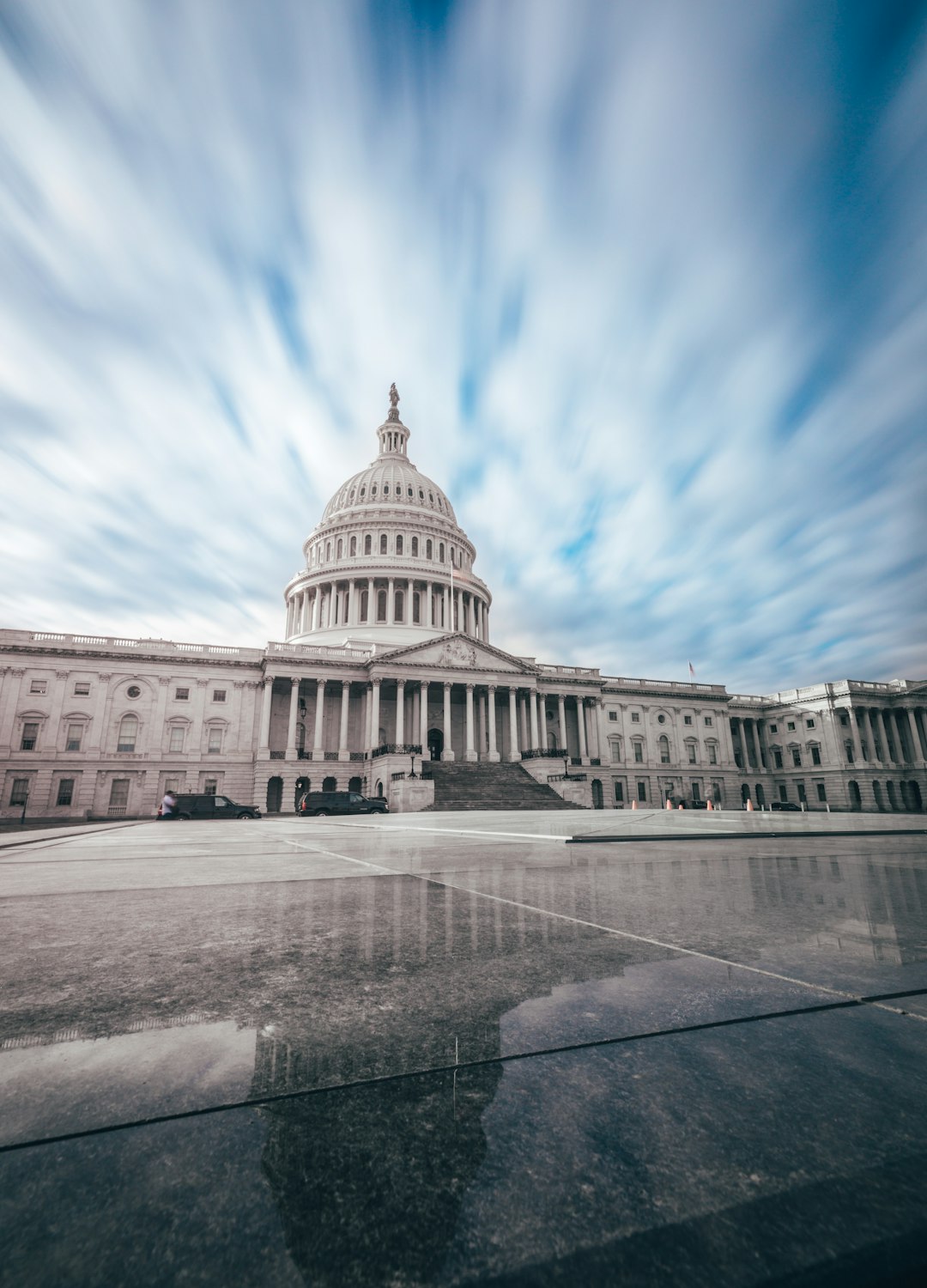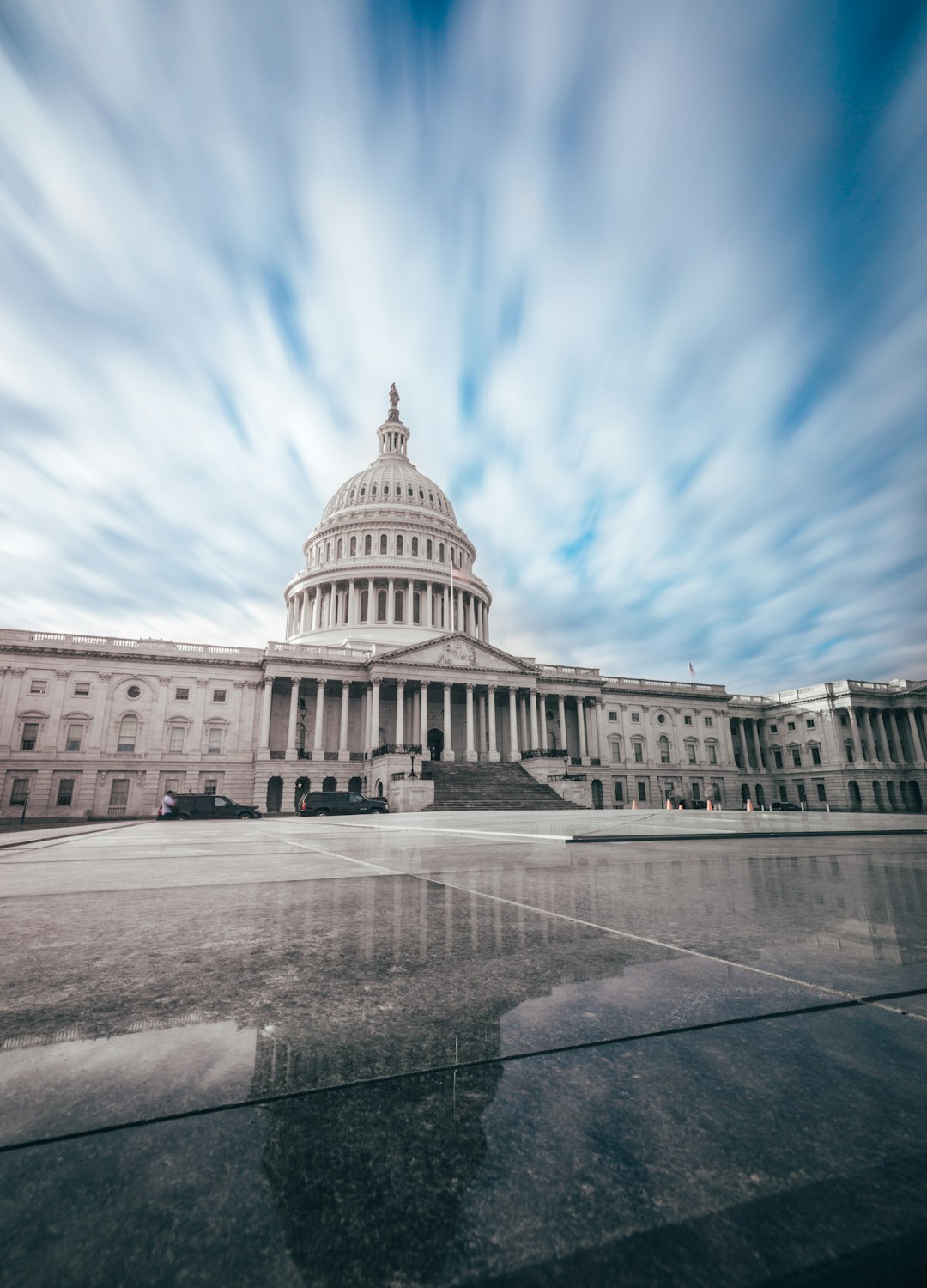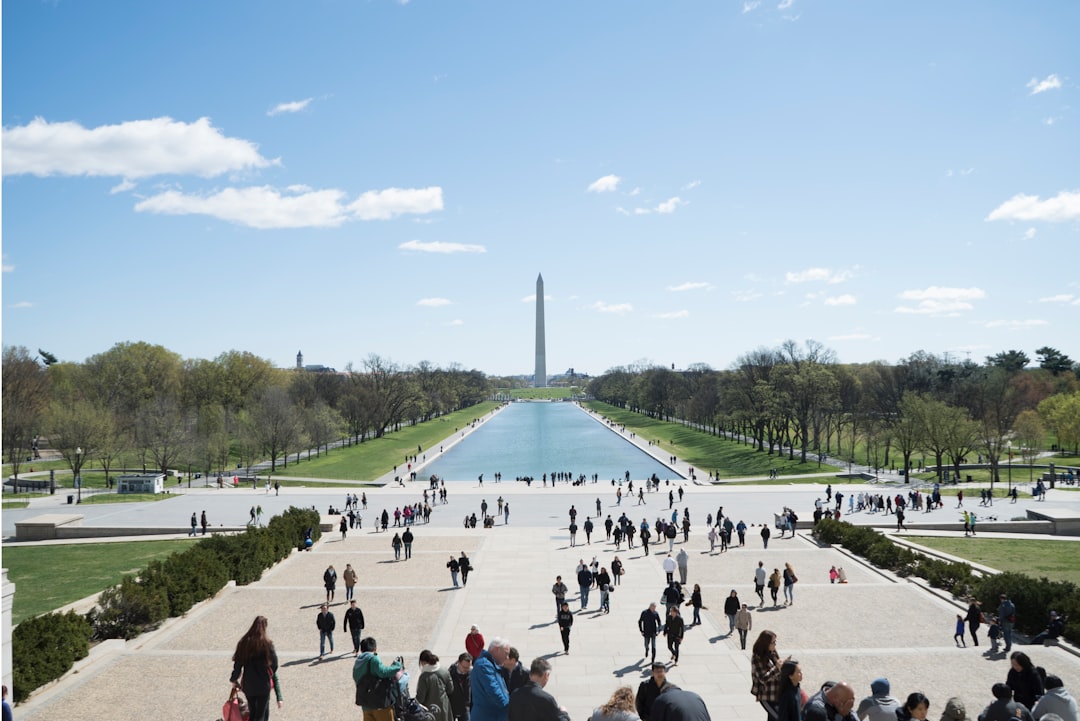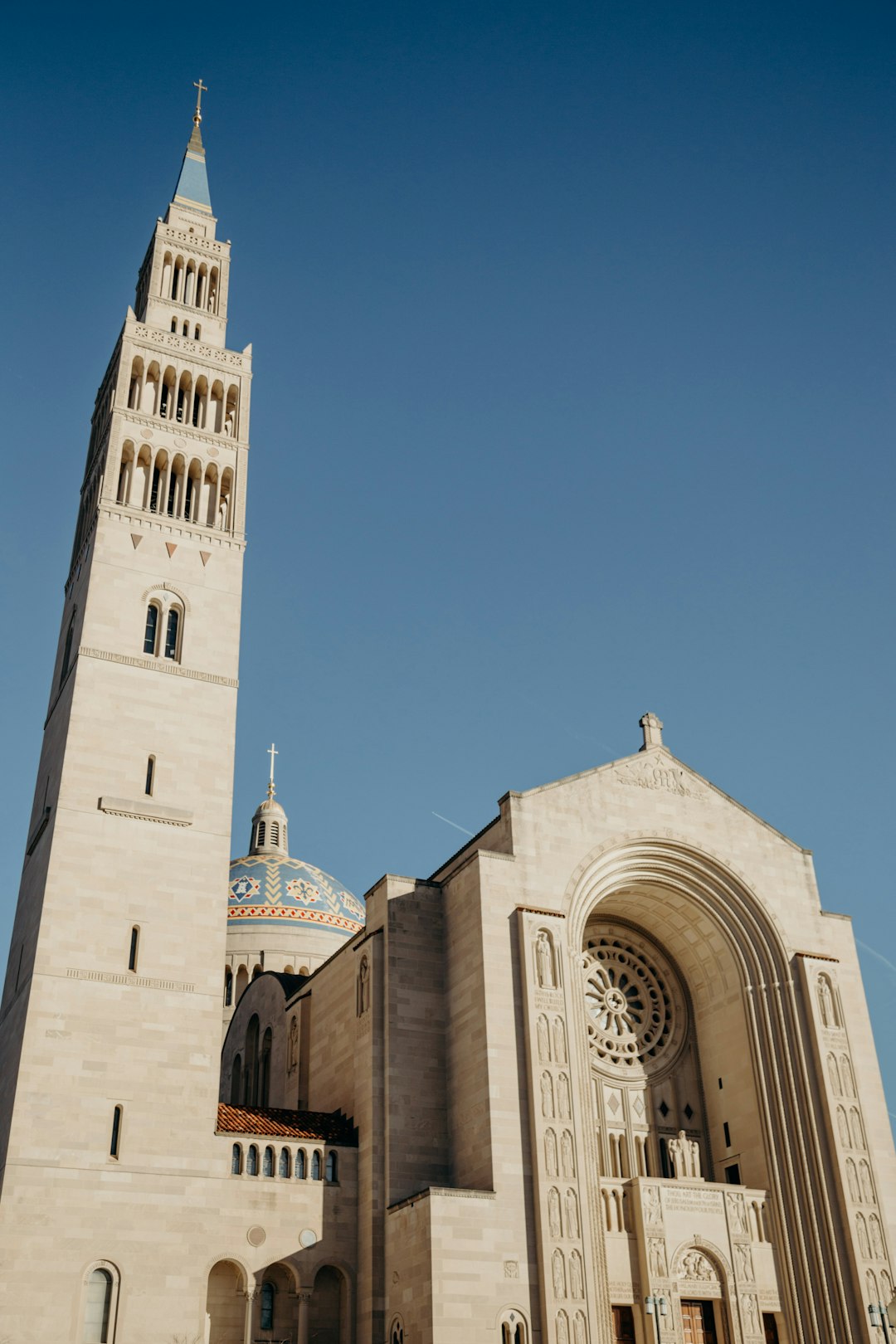Clergy abuse is a critical issue requiring specialized legal support in Washington. Recognizing patterns like behavioral changes, secretiveness, and congregant complaints is key to identifying abuse within religious institutions. Common abuses include financial misconduct, inappropriate contact, and emotional manipulation.
Clergy abuse attorneys Washington advocate for proactive measures such as reporting mechanisms, training, and early intervention to prevent and address abuse. They guide policy development, conduct investigations, represent survivors in civil lawsuits, and ensure protection of their rights. Washington State offers specific legal protections, including strict statutes of limitations and clear guidelines on reporting.
Survivors require specialized legal support due to the sensitive nature of their experiences. Engaging clergy abuse attorneys Washington early is crucial for justice and closure. Early action by survivors—documenting interactions and consulting with experienced attorneys—is essential for successful outcomes. These attorneys help navigate complex civil litigation, secure compensation, and facilitate referrals to community resources for holistic healing.
The issue of clergy abuse has long been shrouded in secrecy, but its profound impact on survivors cannot be overlooked. In Washington, as across the nation, many individuals who found solace in spiritual guidance instead faced exploitation and trauma at the hands of trusted religious leaders. This complex problem demands a dedicated legal response to bring justice and healing to victims.
Legal advocacy plays a pivotal role in empowering survivors to break free from silence and seek accountability. Clergymen abuse attorneys Washington specialize in navigating these sensitive cases, ensuring survivors receive the support and compensation they deserve while fostering a culture of transparency and responsibility within religious institutions.
Understanding Clergy Abuse: Recognizing Patterns & Red Flags

Clergy abuse is a complex and sensitive issue, often involving deep emotional trauma and intricate legal complexities. In Washington, where faith communities are diverse and numerous, survivors of clergy abuse require dedicated legal advocacy to seek justice and healing. Understanding the patterns and red flags associated with this type of abuse is crucial for both survivors and clergy abuse attorneys Washington. These professionals play a vital role in empowering victims to take action and hold perpetrators accountable.
Recognizing patterns can help identify instances of abuse within religious institutions. Common red flags include behavioral changes in the clergy member, such as increased isolation, secretiveness, or erratic conduct. Additionally, consistent unaddressed complaints from congregants about a particular cleric’s behavior may indicate a pattern of misuse of power. For instance, data from various non-profit organizations tracking clergy abuse reveals that many cases involve financial misconduct, inappropriate physical contact, and emotional manipulation, often targeted at vulnerable individuals within the congregation.
Clergy abuse attorneys Washington emphasize the importance of proactive measures. Institutions should implement robust reporting mechanisms and mandatory training on recognizing and responding to abuse allegations. Early intervention and support systems for both victims and perpetrators can significantly impact long-term healing. Legal professionals in this field offer guidance on policy development, conduct investigations, and represent survivors in civil lawsuits, ensuring their rights are protected. By understanding these patterns, attorneys can provide tailored strategies, helping survivors navigate the legal process while fostering a culture of accountability within religious communities.
The Legal Landscape: Washington State Laws & Rights for Survivors
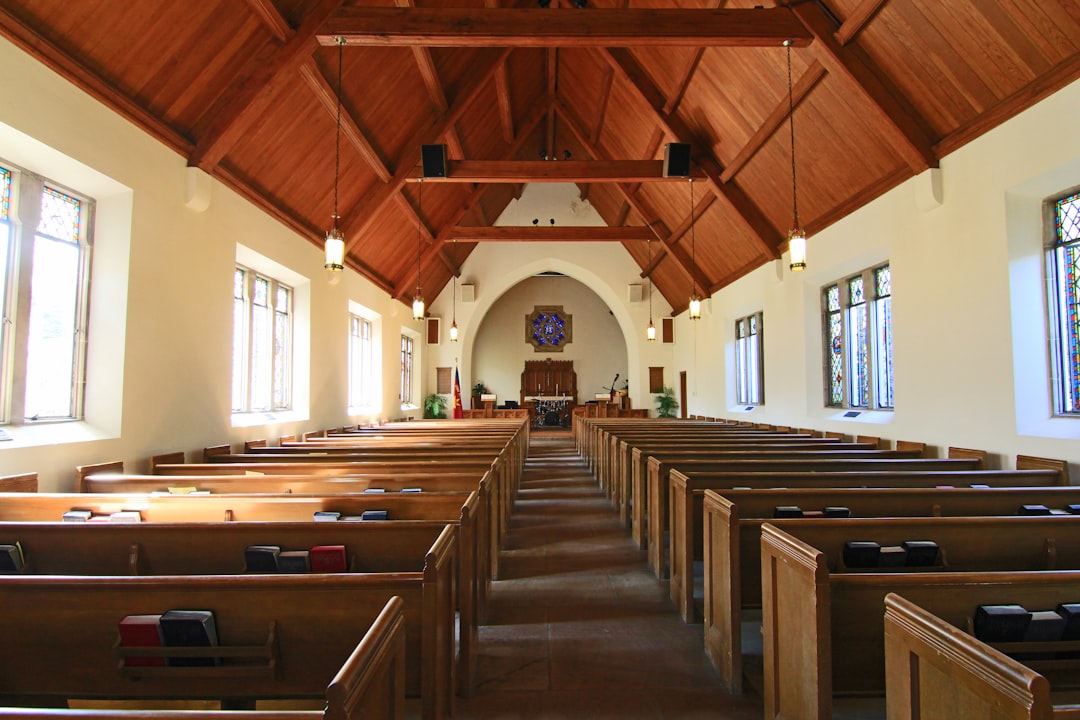
In Washington State, clergy abuse survivors face a complex legal landscape designed to protect them while also navigating institutional interests. The state has specific laws that address sexual misconduct within religious organizations, offering survivors crucial avenues for justice and healing. These include strict statutes of limitations and clear guidelines on reporting obligations for clergy and institutions. For instance, under RCW 49.60 (the Washington Sexual Harassment Act), survivors can seek compensation for emotional distress caused by clergy abuse, with no cap on damages.
Washington’s legal system recognizes the unique challenges faced by survivors of clergy abuse. The state also has a robust network of clergy abuse attorneys Washington who specialize in these cases. These attorneys play a vital role in advocating for survivors, helping them understand their rights and navigate the complexities of the legal process. They are adept at handling sensitive cases, ensuring clients receive fair treatment while protecting their privacy. For example, a successful settlement in 2021 saw a survivor receive substantial damages after facing years of abuse by a priest in a Seattle-area parish. This outcome not only provided financial relief but also served as a powerful statement against clergy abuse.
Survivors should be aware of their rights under Washington’s Religious Freedom Restoration Act (RFRA), which protects them from undue interference with their religious practices, including the ability to seek redress for harm. Clergymen and institutions found liable for clergy abuse can face significant financial penalties, but it is crucial for survivors to act promptly. They should document all interactions related to the abuse, preserve evidence, and consult with experienced clergy abuse attorneys Washington who can guide them through the legal process. This proactive approach ensures that survivors’ voices are heard and their rights protected.
Finding Support: Connecting with Clergy Abuse Attorneys Washington
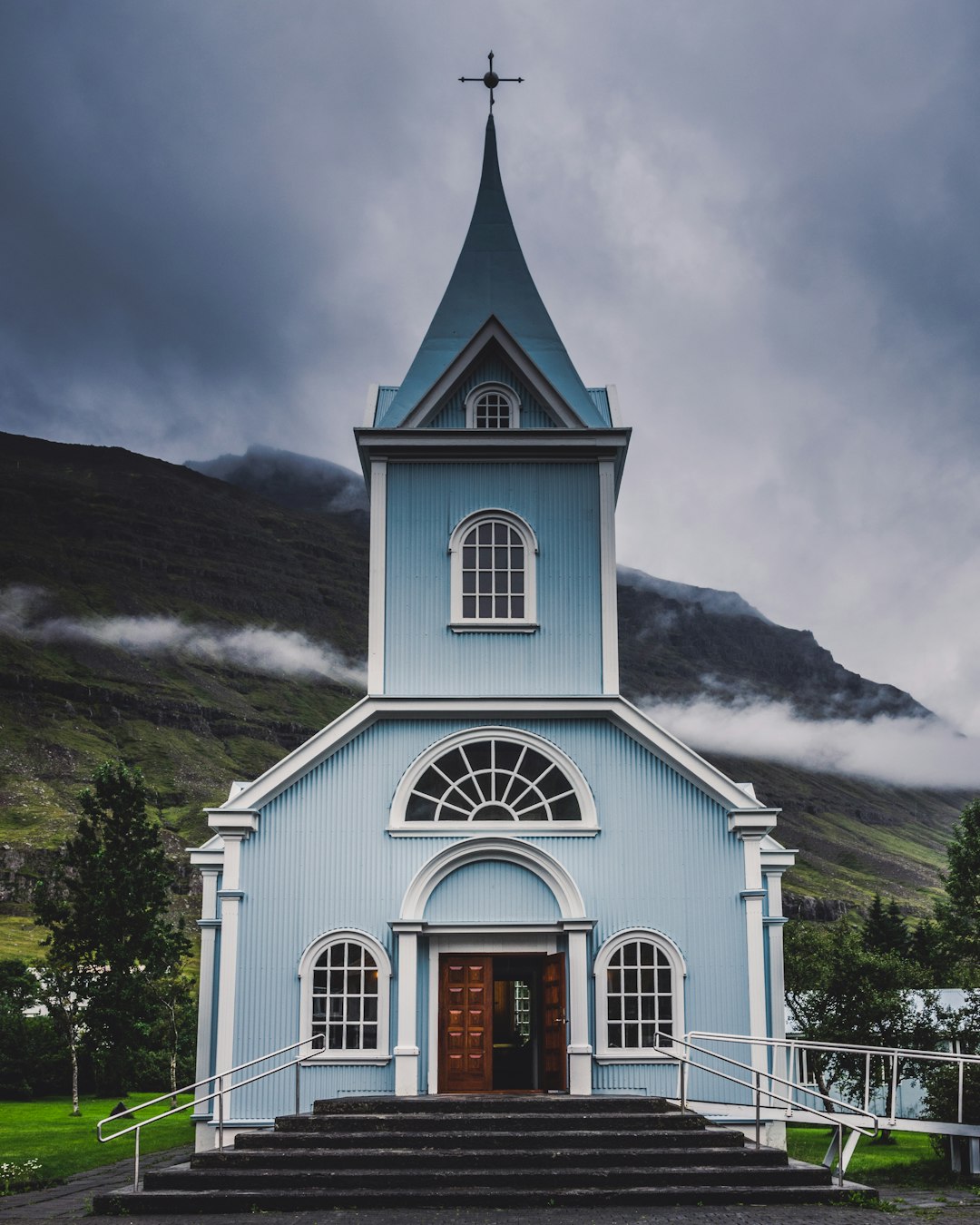
Survivors of clergy abuse in Washington state have a crucial need for support and legal guidance, especially when navigating complex legal systems. Finding the right clergy abuse attorneys Washington is essential to ensuring justice and closure. Many victims face unique challenges due to the sensitive nature of their experiences, making it imperative to connect with attorneys who possess both legal expertise and empathy.
Washington has seen an increasing number of cases involving sexual misconduct by religious leaders, prompting a rise in specialized law firms focusing on clergy abuse litigation. These attorneys are trained to handle such delicate matters with discretion and compassion. They understand the psychological impact of abuse and can provide tailored support throughout the legal process. For instance, some prominent Washington-based law firms have successfully represented survivors across various religious denominations, securing substantial settlements for their clients.
Connecting with clergy abuse attorneys Washington begins with thorough research. Victims should look for attorneys with a proven track record in handling similar cases, strong advocacy skills, and a commitment to protecting the rights of survivors. Many legal aid organizations and support groups can facilitate this process by offering referrals and resources. It’s vital to choose an attorney who will treat the survivor with dignity and provide clear communication throughout the journey towards justice.
Navigating Legal Process: From Reporting to Civil Suits
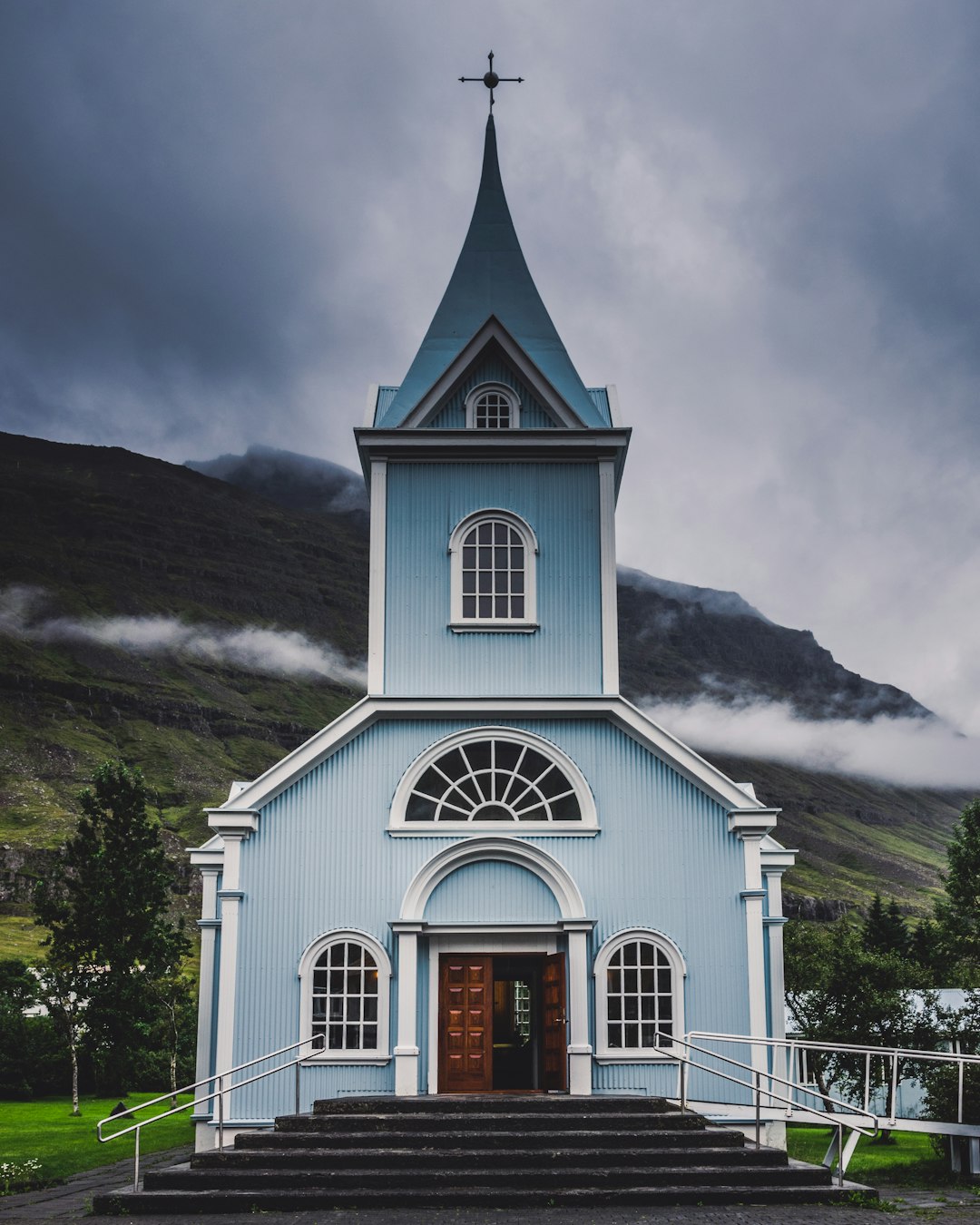
Navigating the legal process after experiencing clergy abuse can be an incredibly challenging task for survivors. In Washington State, victims have the right to seek justice and hold perpetrators accountable. This often involves a careful and strategic approach, beginning with reporting the abuse and potentially leading to civil lawsuits. The journey can be complex, requiring a deep understanding of both the legal system and the specific laws governing clergy abuse cases.
Reporting is a crucial initial step, as it initiates the process for potential criminal charges and provides a record of the abuse. Survivors should document all details, including dates, locations, and any evidence they may possess. The Washington State Bureau of Investigation (WSBI) handles reports of sexual misconduct by clergy members, ensuring that these cases are thoroughly investigated. It is essential to engage with experienced clergy abuse attorneys in Washington who can guide survivors through this process, ensuring their rights are protected. These legal professionals have the expertise to help interpret state laws and ensure proper procedures are followed.
Civil suits offer another avenue for justice and compensation. Survivors may file lawsuits against the abuser, the institution they represent, or both, seeking damages for emotional distress, medical expenses, and other related costs. The timeframes for filing such cases can be stringent, often within a few years of discovery or awareness of the abuse. Clergy abuse attorneys in Washington are well-versed in these laws and can assist survivors in navigating the complexities of civil litigation. They will help build a strong case, gather evidence, and represent the client’s interests during negotiations or court proceedings.
It is crucial for survivors to seek legal counsel early on, as building a solid case requires extensive preparation. Clergy abuse attorneys can provide invaluable support, ensuring that victims’ rights are respected and their stories are heard. With their expertise, survivors can navigate this difficult process with more confidence, seeking the justice and closure they deserve.
Healing & Justice: Advocacy, Compensation, and Community Resources
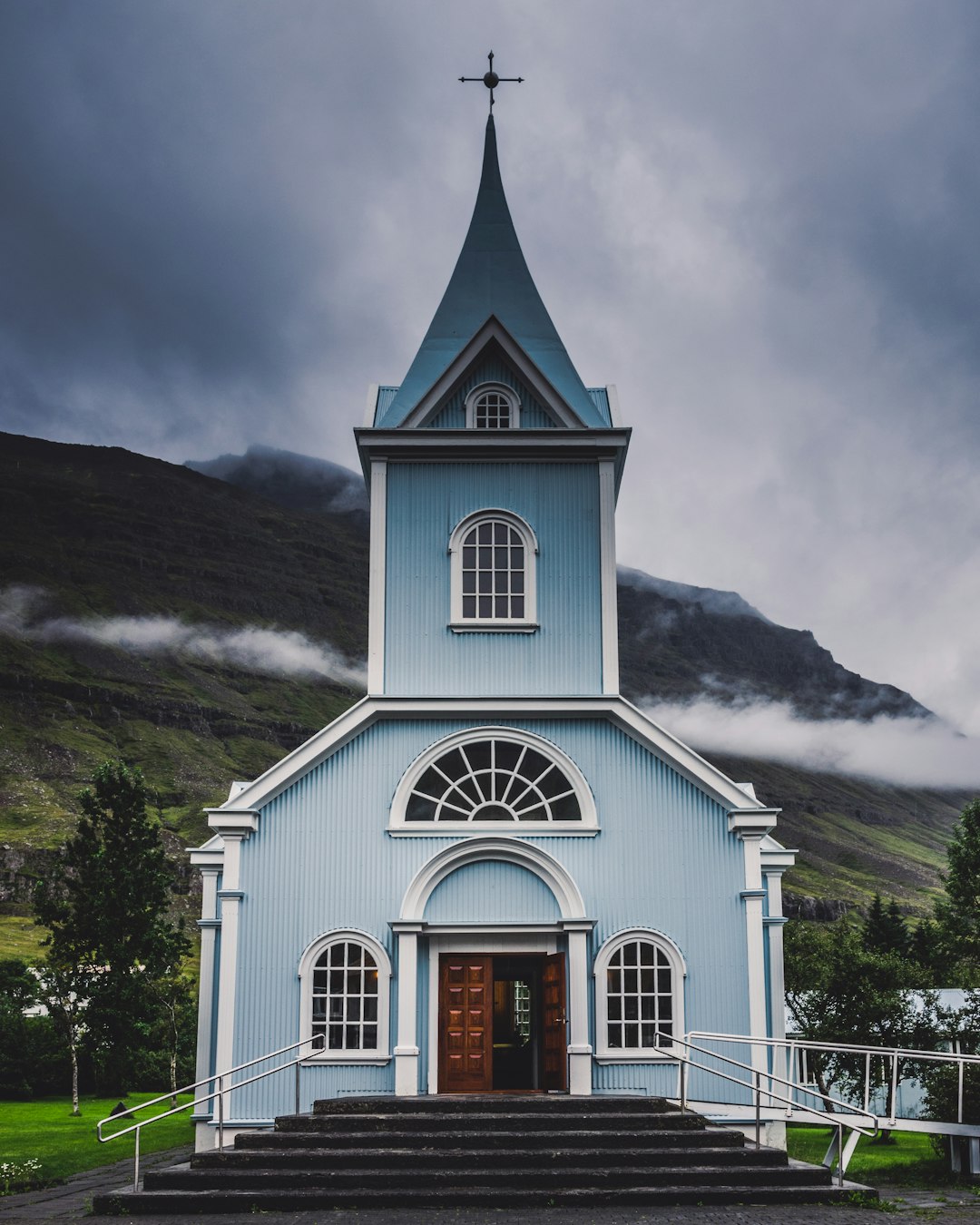
In the pursuit of healing and justice for survivors of clergy abuse in Washington, a comprehensive approach is necessary to address the multifaceted challenges they face. Beyond legal representation, survivors require access to specialized resources that cater to their unique needs. This includes psychological support services, safe spaces within the community, and financial compensation for the trauma they have endured. Clergy abuse attorneys in Washington play a pivotal role in this process, not just by advocating for legal rights but also by guiding clients towards holistic healing paths.
One of the primary goals is to ensure that survivors receive adequate compensation for their suffering. Attorneys can help navigate complex legal procedures and negotiate settlements or court awards to provide financial security and alleviate economic burdens stemming from the abuse. For instance, a successful case in 2022 saw a survivor awarded substantial damages, marking a significant milestone in holding perpetrators accountable and offering a measure of justice and closure. This outcome underscores the importance of skilled representation in securing fair compensation.
Community resources are equally vital for long-term healing. Local support groups, counseling centers, and religious communities can foster environments where survivors feel understood and supported. Clergy abuse attorneys Washington often collaborate with these entities to facilitate referrals and ensure clients receive holistic care. By integrating legal advocacy into a broader framework of healing and justice, survivors can take meaningful steps towards recovery, reclaiming their lives and finding solace in a supportive network.
About the Author
Meet Dr. Emily Taylor, a renowned legal advocate specializing in clergy abuse survivors’ rights in Washington state. With a J.D. from Harvard Law and an LL.M. in Human Rights, she has dedicated her career to supporting victims of institutional trauma. Taylor is a published expert in church law and has contributed to the American Bar Association’s Journal on Religion and Civil Law. Active on LinkedIn, she is sought after for her insights, providing legal strategies through her network and empowering survivors with knowledge and justice.
Related Resources
Here are 7 authoritative resources for an article about legal advocacy for clergy abuse survivors in Washington:
- Washington State Bar Association (Legal Organization): [Offers insights into the legal system and resources for survivors seeking justice.] – https://wsba.org/
- University of Washington Law School Clinical Programs (Academic Institution): [Provides legal aid and clinical programs focusing on social justice issues, potentially including clergy abuse cases.] – https://law.uw.edu/clinics/
- Washington State Department of Social and Health Services (Government Portal): [Offers resources and reporting mechanisms for victims of abuse, including clergy abuse.] – https://dshs.wa.gov/
- The Catholic Church in the United States (Religious Organization) – [While not based in Washington, this organization offers guidance on addressing clerical abuse nationwide, which can provide valuable context.] – https://www.uscc.org/
- National Association of Professional Therapists (Professional Association): [Provides resources and support for survivors of trauma, including clergy abuse.] – https://napt.org/
- Childhelp USA (Non-profit Organization): [Offers a national child abuse prevention hotline and resources tailored to various types of abuse.] – https://www.childhelp.org/
- King County Bar Association Pro Bono Resource Center (Legal Aid Organization): [Provides information on pro bono legal services available for individuals who cannot afford an attorney, potentially aiding clergy abuse survivors.] – https://kcba.org/pro-bono/

